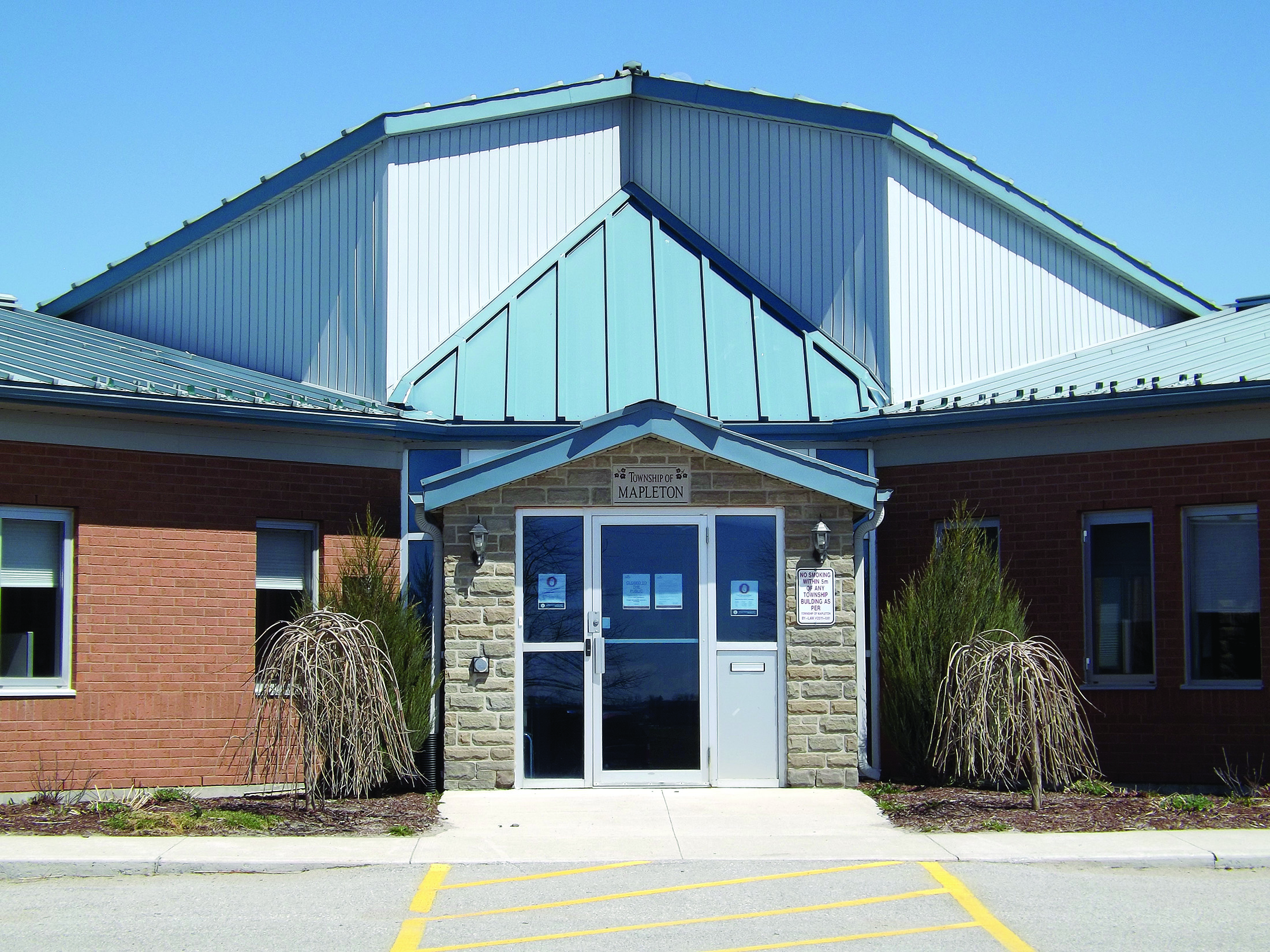MAPLETON – Council here is considering making big changes to its land use control system.
Permits are currently approved through a committee of adjustment, but council is considering scrapping this committee and instead moving to a community planning permit (CPP) system.
This would return permit decision making to council rather than the committee.
Mapleton staff brought a report to council on Dec. 10, recommending it authorize staff to create a CPP system and bylaw for the township, schedule a public meeting to receive feedback on the proposal, and provide direction on eliminating the committee of adjustment by March 31.
“The CPP system is a land use control tool that replaces the consolidated municipal zoning bylaw and replaces it with a system that results in a singular application and approval process,” the report states.
“It also eliminates the need for mandatory public meetings, therefore eliminating the need to have a committee of adjustment.”
“It gives the municipality more control,” planning and development manager Michelle Brown noted during the meeting.
The CPP system was originally introduced provincially in 2007, through amendments to the Planning Act. At that time the CPP system was called the development permit system. In 2017, it was modified and reintroduced as the CPP system. It is regulated by the province.
The Planning Act and provincial regulations “provide direction for its implementation, including a description of mandatory and optional policies and provisions for the official plan and the bylaw,” the report states.
The CPP system is “more streamlined than the current traditional system that relies on zoning bylaws, and applications for minor zoning bylaw amendments, minor variances to the zoning bylaw, and/or site plan approval, in order to implement official plan policies on a site-specific basis,” the report continues.
“Furthermore, unlike a zoning bylaw, once a CPP bylaw is in effect, unless resolved by council to permit applications to amend it, the Planning Act does not permit amendments for the first five years.
“This provides an opportunity for council and the public to test the efficiency and understand the impact of the CPP program.”
Brown said staff brought the report and recommendations forward at this time due to the vacant seat on the committee of adjustment left by former councillor Martin Tamlyn, who resigned in September.
“That vacant seat sort of pushed up my opportunity to bring this forward as an option, simply to explain,” Brown said.
Councillor Lori Woodham said she is looking forward to the public meeting “and how the direction of all this will play out.”
After the public meeting, Brown said staff will do further research and return to council with a “more wholesome report” that includes the community input.
During the Dec. 10 meeting, she said “the question that council has to answer is whether or not they wish to take this opportunity and give the committee members an opportunity to find out that this is what is going to happen.”
She said alternative options to switching to the CPP system and scrapping the committee of adjustment are:
– fill the vacant seat on the committee of adjustment by offering it to the one person who previously applied to be on the committee but did not initially join it; or
– have an application process to fill the vacant seat until the end of the current council term.
Councillors voted unanimously to allow staff to move forward with creating a CPP system and with scheduling a public meeting on the topic.




